Racial Justice & Abolition Syllabus
Racial Justice Statement from the Ethnic Studies Department
In this moment of great social rebellion and struggle for liberation, we would like to invite the campus to partake in some deep self reflection. The violent white supremacist acts of the past month have mobilized some people who may not have the background and historical context to understand the full weight of this moment and how it is part of a 500 year struggle against white supremacy and colonization. Faculty and administrators across the country have shared statements of support and committed themselves to fighting against white supremacy and institutional racism. In the spirit of calling those folks in, we would like to share some of the amazing resources that have been generated as educational materials for the public. We ask that you take up the call that our Black sisters, non-binary siblings, and brothers have put out: to do the work yourself and not call on them to provide emotional or intellectual labor during this time.
There are enough resources and recommendations (articles, books, podcasts, videos, and more) to keep us all busy for years to come. We want to emphasize that the crucial work of unlearning Anti-Blackness and the racism that we are socialized to internalize, is a lifelong process and commitment. This work will require institutions to center BIPOC (Black, Indigenous, and People of Color) voices for the first time in their histories. As scholars, activists, and members of these historically marginalized and looted communities, we know well the hard work that lays ahead if these important calls to action are to be realized. Transformative Justice requires an analysis of the issues at the root of inequality and oppression and we are excited that folks from across campus have stated their intent to begin dismantling these inhumane ideologies and practices that have upheld institutionalized racism and Anti-Blackness.
The following resources have been collected and organized by the Ethnic Studies Department as a way for people to build their understanding and contribute material resources to those doing the work in the communities most impacted. We also ask folks to consider donating––no amount is too small––to those organizations who have been on the frontlines of this struggle for a long time. How we allocate our funds is an important indicator of what we value.
In solidarity and struggle,
The Ethnic Studies Department
June 2020
Fullerton College, California
Occupied Territory of the Gabrielino-Tongva & Acjachemen Nations
#FCEthnicStudies
Education for Liberation
Since 1972
Collected Resources
Collected Resources
General Resources for All
A Timeline of Events That Led to the 2020‘Fed Up’-rising
Scaffolded Anti-Racist Resources
Re-becoming Human (healing justice trainings and circles)
Liberation Spring (group & individual trainings)
Breaking Through Barriers to Racial Equity / Stanford Social Innovation Review
Glitter Resource Guide for anti-racism – Books, Video & Podcast
Resources for Educators
Resources for white folks who want to Learn, Unlearn, and Step Up as Co-strugglers
Anti-Racism Resources for White People (Best place to start-incredibly comprehensive)
White people say they want to be an ally to Black people. But are they ready for sacrifice?
The emotional impact of watching white people wake up to racism in real time
What if…..White People Took Responsibility for Our Role in this Moment?
Historical Context of This Movement/Moment
An Intersectional Analysis of Anti-Black Police Violence
Resources on Abolition
Resources For Talking About Race & Racism with Children
Resources for non-Black POC to Support Black Lives and This Movement
Black Activist & Abolitionist Orgs to Follow
Ways to Support With Donations
Petitions You Can Sign & Solidarity Statements
An Open Letter to White Faculty (White Administrations, White Boards)
Showing Up for Racial Justice // Take Action to End White Silence
Scholars for Social Justice Statement on Police Violence and Universities








